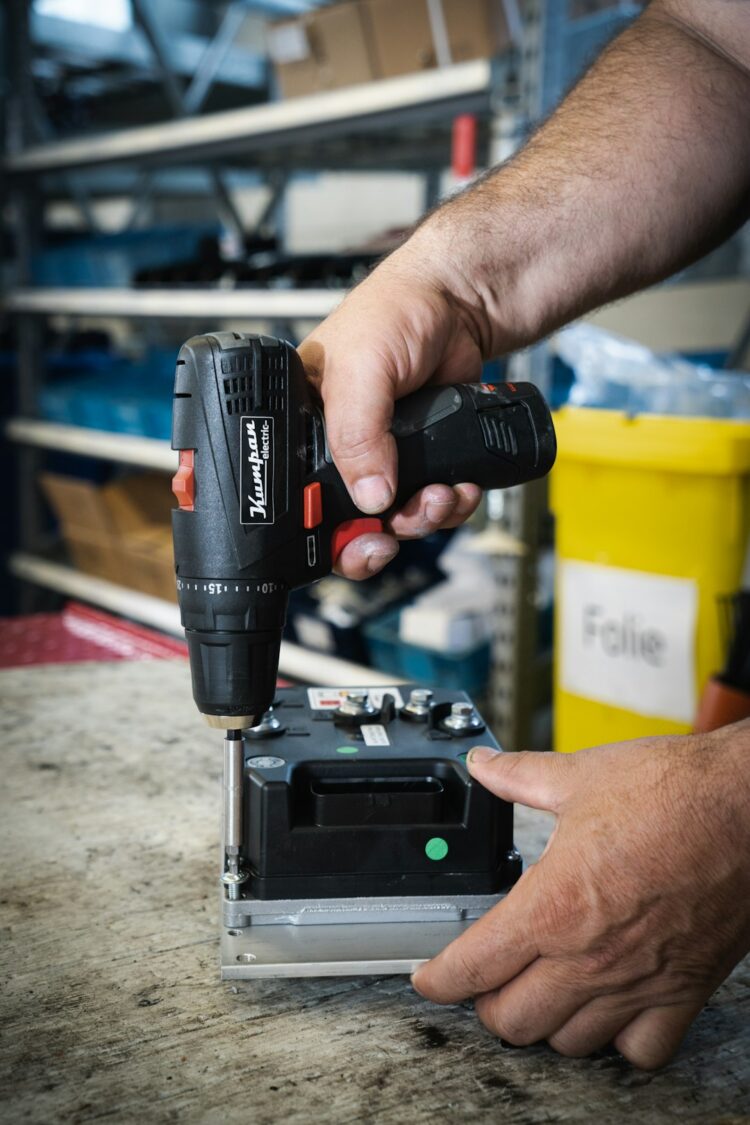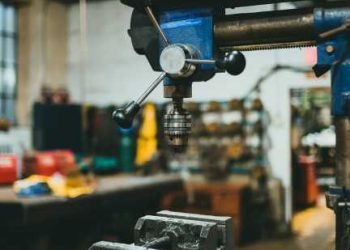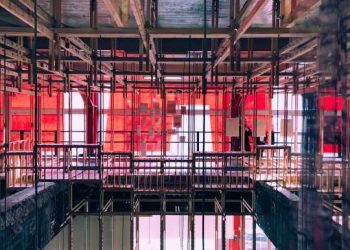The Future of Manufacturing: Embracing Automation and Artificial Intelligence
The manufacturing industry is no stranger to technological advancements. Throughout history, machines and technology have revolutionized the manufacturing process, increasing efficiency and productivity. Today, we stand on the cusp of yet another innovation that promises to completely transform the way manufacturing is done – automation and artificial intelligence (AI).
Automation has already become an integral part of many manufacturing processes. From assembly lines to logistics, robots and machines enhance productivity and reduce the chances of human error. However, with the advancement of AI, automation in manufacturing is reaching new heights.
AI-powered systems can analyze enormous amounts of data, adapt, and make decisions in real-time. This ability enables them to optimize and streamline manufacturing processes, resulting in higher efficiency and reduced costs. For example, AI can predict when a machine needs maintenance, preventing unexpected breakdowns and costly downtime. Additionally, AI can be used to manage inventory more effectively and improve supply chain management, ensuring that manufacturing processes run smoothly.
The benefits of embracing automation and AI in manufacturing extend beyond efficiency. By taking over repetitive, mundane tasks, technology allows human workers to focus on creative and complex problem-solving. This shift can lead to increased job satisfaction and a more skilled workforce. Furthermore, automated manufacturing processes often have a higher level of precision and accuracy, leading to products of higher quality.
One area where automation and AI show immense potential is in the customization of products. Traditionally, mass production has focused on creating identical products in large quantities. However, customer demands are changing, and they now seek products tailored to their preferences. Automated systems can adapt to these changing demands, enabling manufacturers to produce customized products without sacrificing efficiency or increasing costs. This shift towards mass customization could revolutionize the manufacturing industry, enabling businesses to offer unique products to a broader customer base.
While the future of manufacturing seems bright, it is essential to address potential challenges. One concern often raised is job displacement. As automation and AI continue to replace certain tasks, there is a fear that human workers will be left unemployed. However, history has shown that as technological advancements occur, new job opportunities arise. While some job roles may evolve or become obsolete, the manufacturing industry will require skilled workers to operate and maintain the automated systems. Thus, rather than eliminating jobs, automation and AI are likely to transform them.
Another challenge lies in the ethical use of AI in manufacturing. As AI becomes more advanced, questions about its decision-making process and potential biases arise. Manufacturers must ensure that AI-powered systems are programmed ethically and without bias. Additionally, there needs to be transparency in the use of AI to build trust with consumers and employees alike.
To fully embrace the future of manufacturing, businesses and policymakers must work together. Policymakers need to create a supportive environment that encourages investment in automation and AI. This includes providing incentives for businesses to adopt new technologies, offering training programs to upskill the workforce, and developing regulations to ensure the ethical use of AI. Businesses, on the other hand, must be willing to invest in research and development, collaborate with technology providers, and upskill their workforce to adapt to the changing manufacturing landscape.
The future of manufacturing holds immense potential, driven by automation and AI. While challenges exist, the benefits are undeniable. Increased efficiency, higher quality products, and the ability to meet customer demands for customization are just a few of the advantages that await those who embrace this transformative technology. By working together, businesses and policymakers can create a future of manufacturing that maximizes the benefits of automation and AI while ensuring a sustainable and ethically responsible industry.











